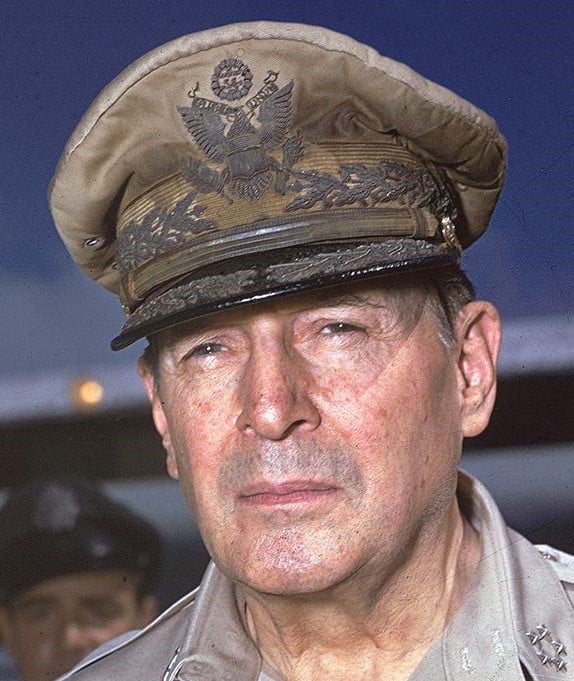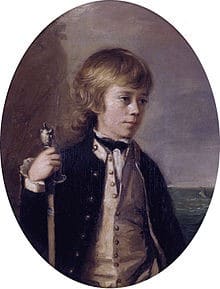
General Douglas McArthur, 1880-1964
McArthur was one of only five US Army Generals to attain 5 Star Rank. He served as the Supreme Allied Commander for the South Pacific during the Second World War from May 1942 until the surrender of Japan in September 1945.
He was then appointed Commander of Occupation Forces following the war until the Korean War began where again he served as Supreme Allied Commander until he was relieved.
Of McArthur, it is said “The Generals gifts were those of a strategist and brilliant architect of warfare. Quite simply, he had no peer in WW 2, in any theatre in any Army”



